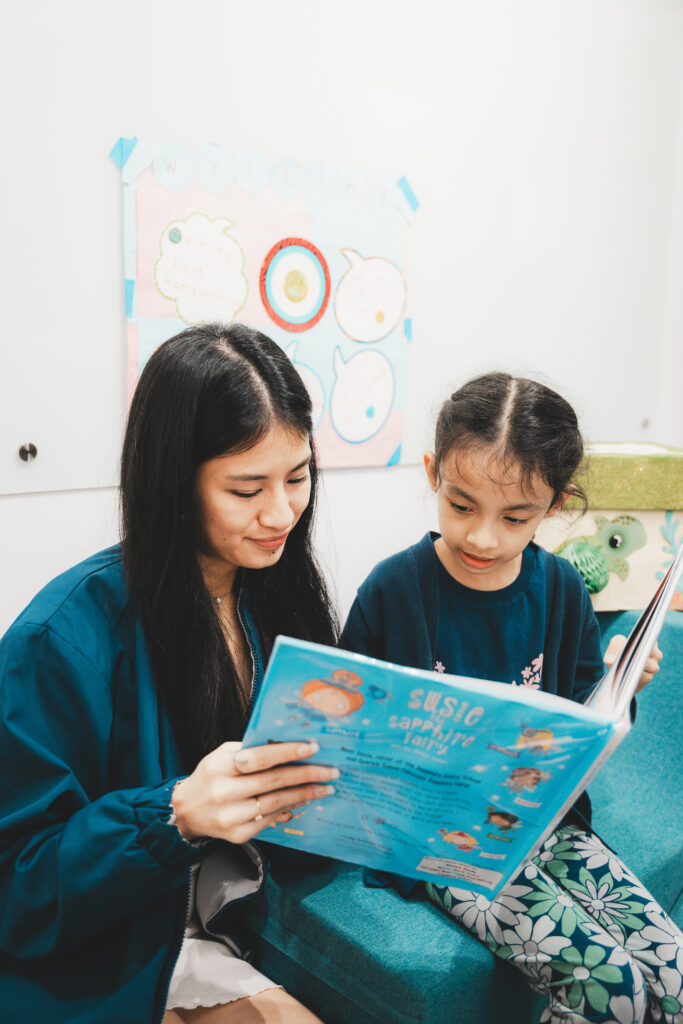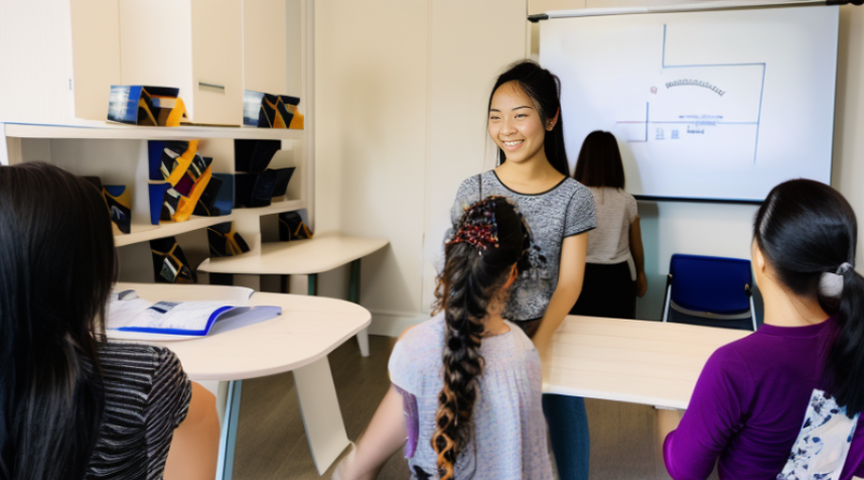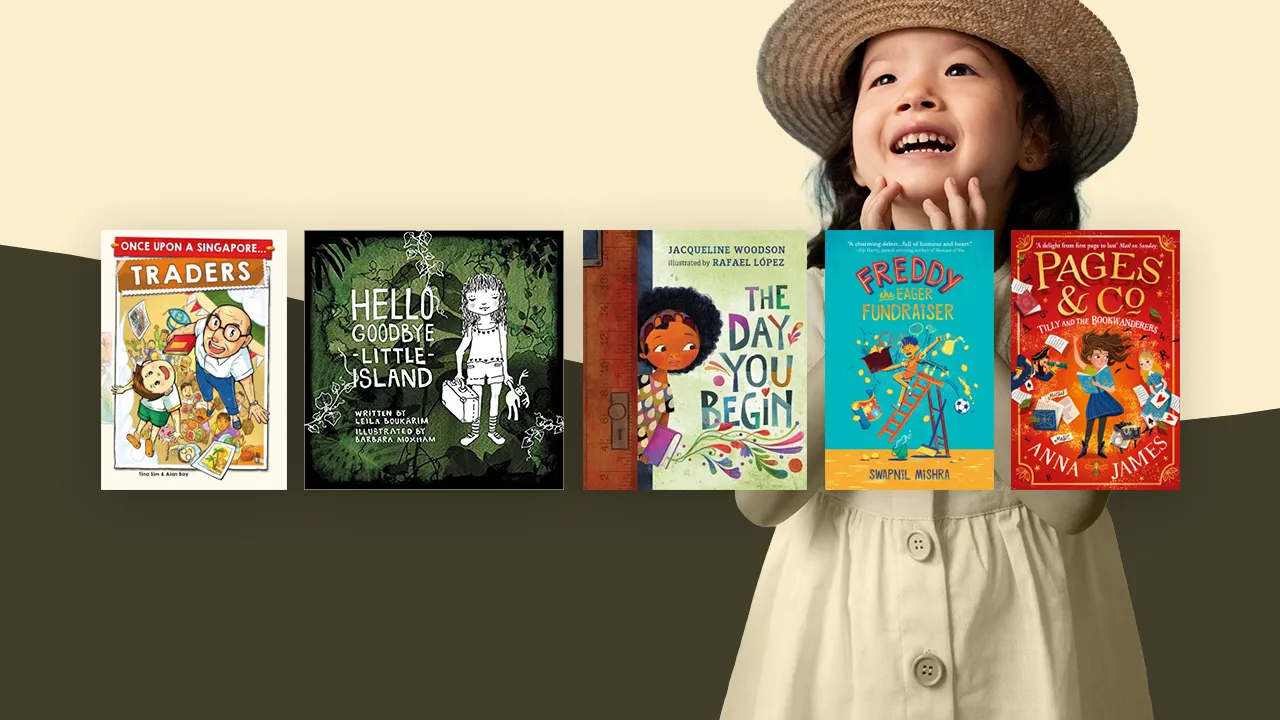
26 June 2024
How Heart-Based Education Makes Your Child Perform Better
Heart-based education is a holistic approach to learning that emphasises the emotional and spiritual well-being of students. This approach focuses on creating a positive and supportive learning environment that nurtures the child’s emotional, social, and cognitive development. Heart-based education often leads to better grades.
Nowadays, education is being standardised when we should be personalising education. It should be built upon diversity and not conformity. In many classrooms, teachers enter, instruct the students to open their textbook and begin a one-hour lecture before switching to the next teacher. This goes on for five to six hours before it is time for your child’s after-school club activities. Funnels are placed at every child’s throat, knowledge poured in, then exits out from the bottom as they prepare for their next class, resulting in barely anything being absorbed. This education system that has evolved into pumping out book-smart students that excel only in their studies is an issue that can be avoided with proper guidance.
Everyday, the little decisions in teaching that you decide to perform for your child affect their growth and development for many years to come. Education for the mind isn’t enough. Education for the heart must take place as well.
Heart-based education is an approach to teaching that focuses on the emotional and social well-being of the child. This approach emphasises the importance of creating a positive and supportive learning environment, where children feel safe, valued, and respected.
Here are some ways we can implement heart-based education.

1. Positive Reinforcement
Positive reinforcement can include things like praising children for their efforts and accomplishments, as well as providing them with constructive feedback that helps them to improve. By focusing on positive behaviour and performance, children are able to build confidence and self-esteem.
2. Mindfulness
Heart-based education can include the use of mindfulness and self-regulation practices such as: deep breathing exercises, yoga, and meditation. By teaching them to focus on the present moment, and to be aware of their own thoughts and feelings, they can develop emotional intelligence and to be better able to manage their own emotions.

3. Empathy & Altruism
Heart-based education is more than just teaching these words, but allowing children to practise these qualities. Just learning what altruism is via conventional teaching or watching a video is not enough. They can know what altruism is, but they do not actively try to enforce this principle. Instead, we should create an environment for our children to actively practise such principles in the real world, be it towards strangers or family members. For example, doing community work or labour. That way, children will be able to grow and learn in a way that truly matters outside of the classroom, outside of their academic life.
4. Safe Environment
Studies have shown that when children feel emotionally and socially supported, they perform better academically. When they feel safe and valued, they are more likely to take risks, explore new ideas, and engage in critical thinking. Additionally, when children feel respected, they are more likely to take responsibility for their own learning and to be motivated to succeed.
5. Passion & Interest
Heart-based education encourages children to pursue their passions and interests, rather than just focusing on test scores and grades. Allow your child to explore healthy hobbies such as sports, creative writing, drama, dance, art. This helps children develop a love for learning and fosters a lifelong passion for knowledge and self-discovery.
Overall, heart-based education is an effective approach to learning that nurtures children to perform better academically, emotionally and socially. By providing them with a safe, supportive and positive learning environment, parents and educators can help children to develop the skills and confidence they need to be successful in life.
I understand the importance of educating the mind as well as the heart. At Writers Studio, I always strive to make our lessons as engaging as possible so that our students can learn the joy of creative writing and are encouraged to develop a consistent writing habit. We also provide students with worksheets focused around improving their vocabulary, grammar and writing capabilities, tailored to fit all students that attend our classes.
Clement is a resident teacher from Writers Studio, an English tuition centre in Singapore. Clement graduated with a bachelor’s degree in English & Literature. He works closely with Ms Goh to educate children in heartfelt ways that shape their characters while attaining English Language mastery.




